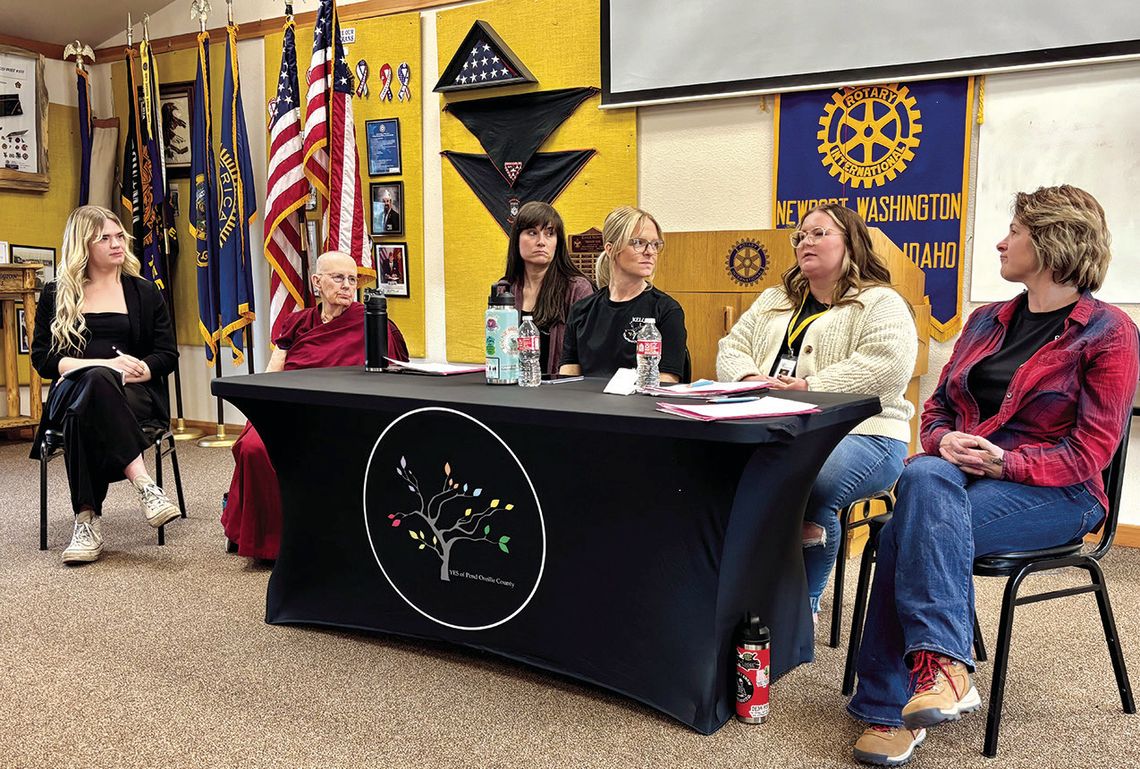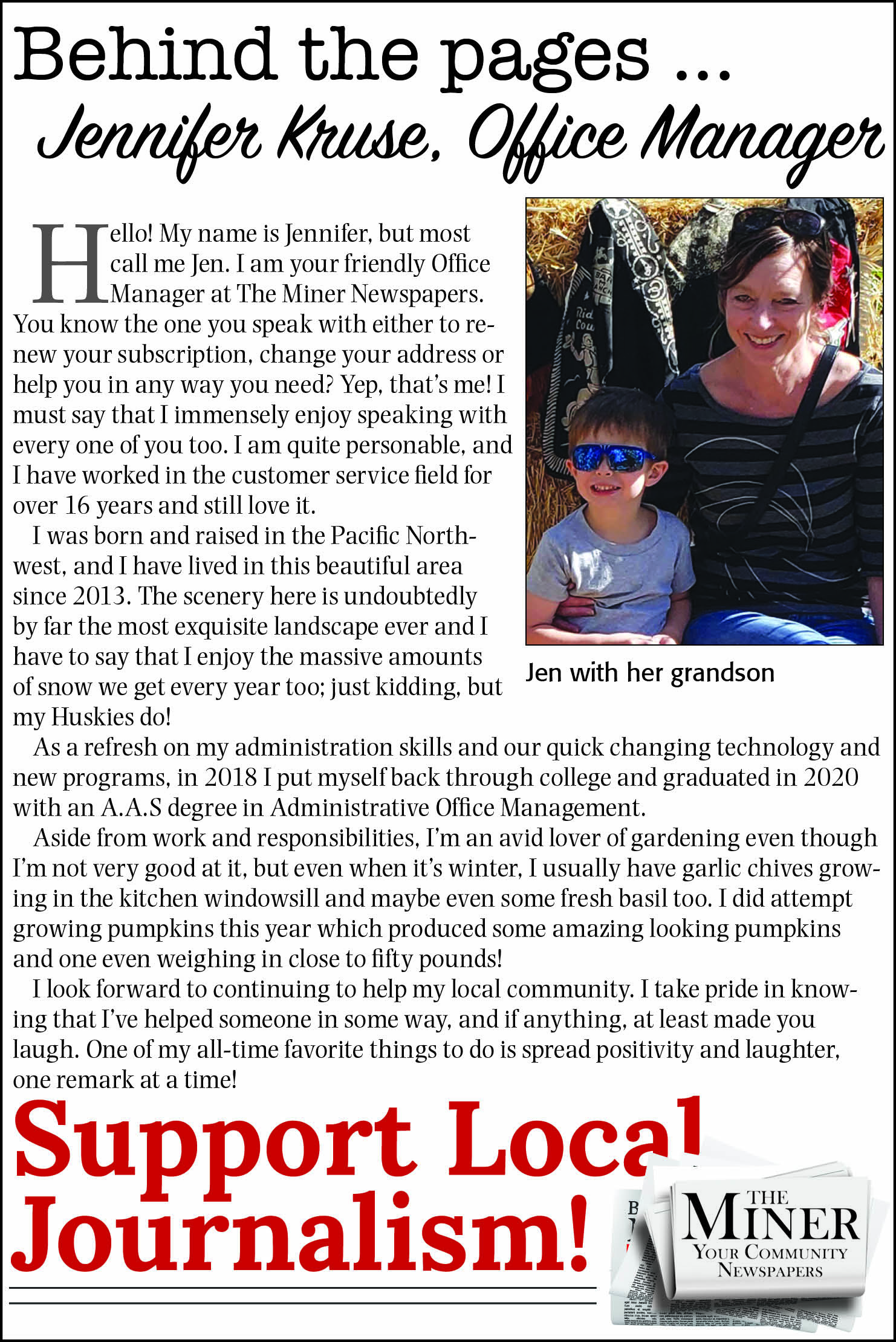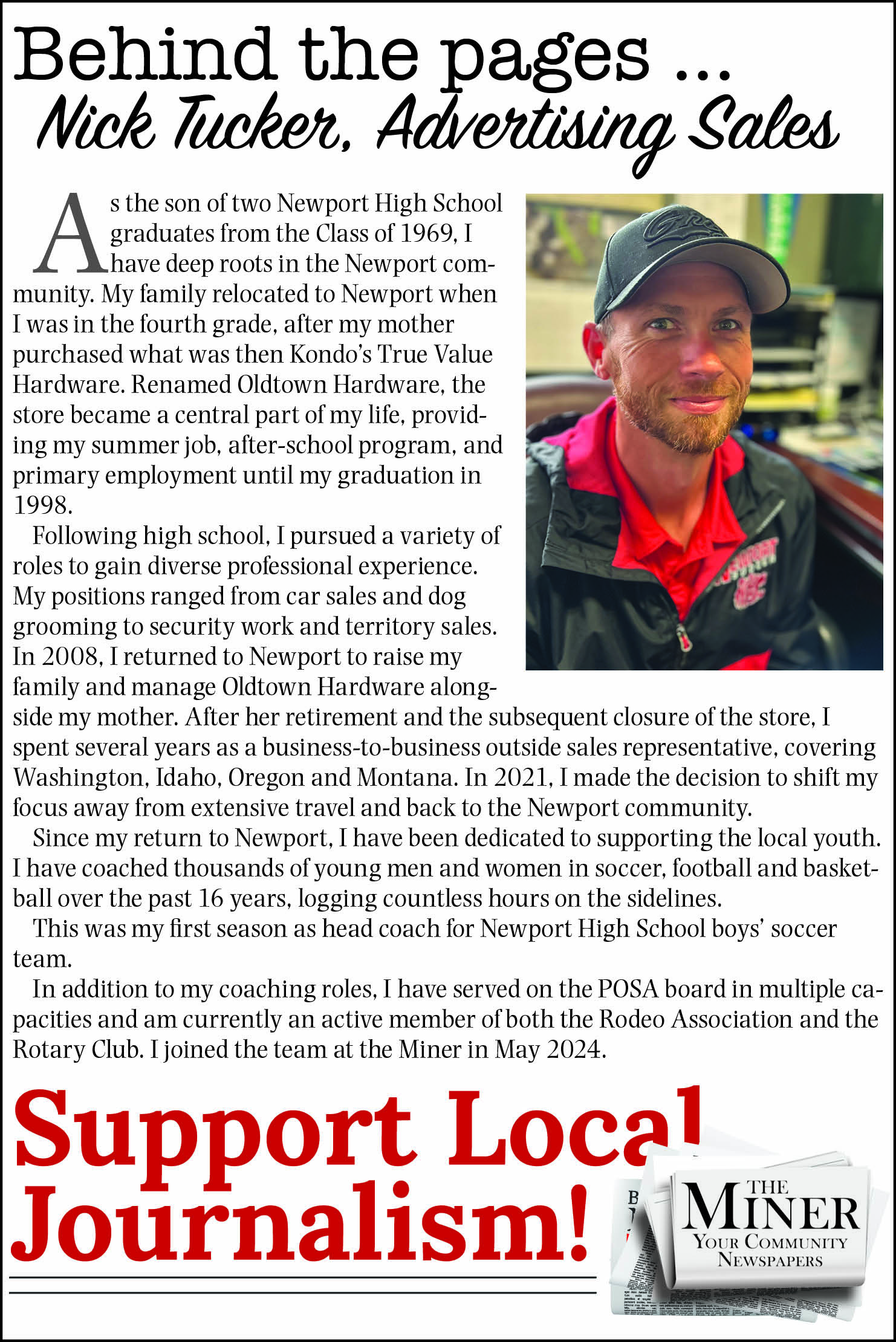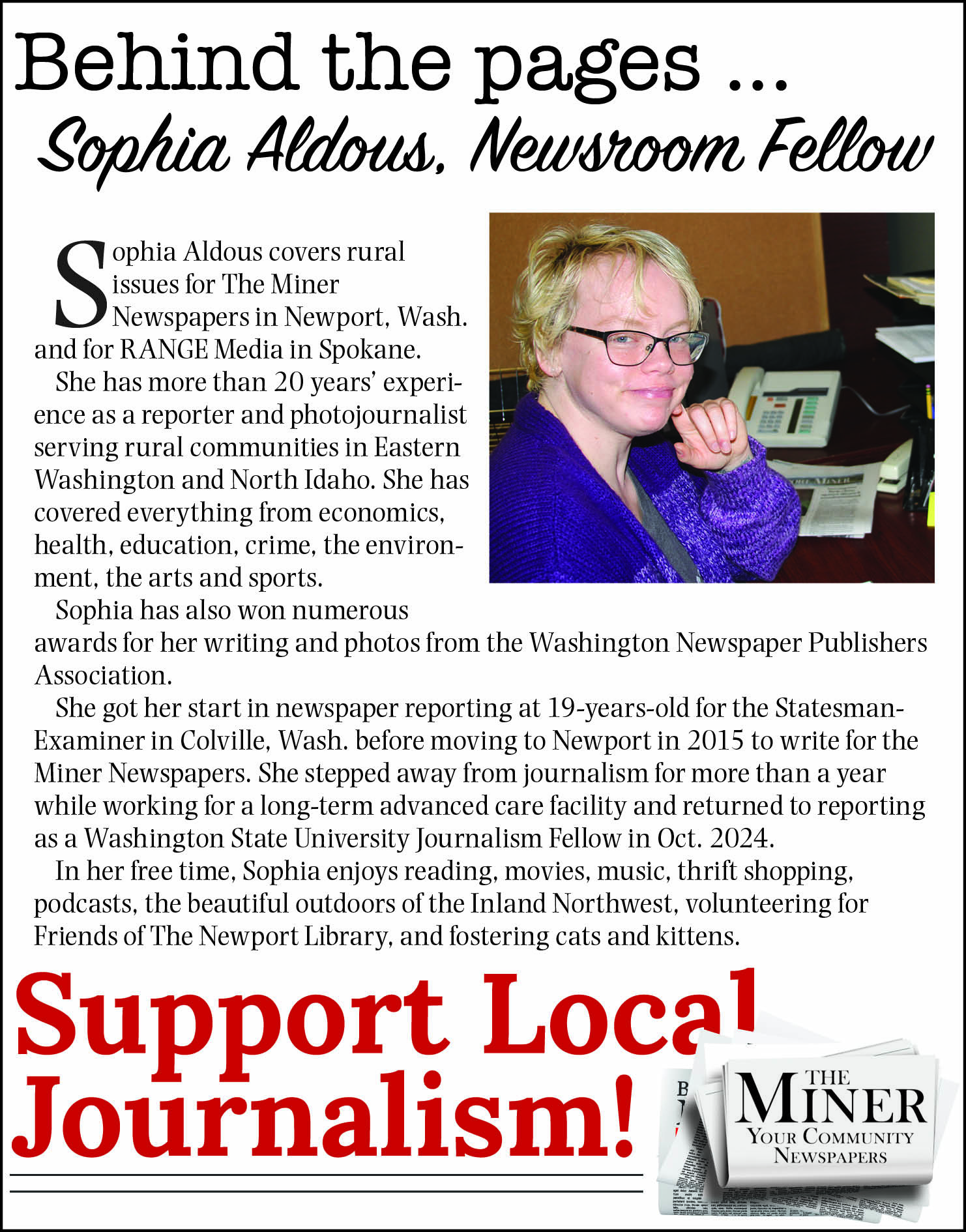OLDTOWN — Homelessness is not just nowhere to sleep, according to Executive Director Kellie Dean of Youth Emergency Services of Pend Oreille County.
It can look like someone having to sleep outside in a tent, on the streets or under a bridge. It can also be living in a house with no electricity, running water or viable heat source. It can be couch-surfing or sleeping in a friend’s car. It can also be a young person having a roof over their head, but their parents fight regularly or are addicted to alcohol and/ or drugs, creating an unstable environment.
“Before I got this job I had so many misconceptions about homelessness, what it looks like and how it affects communities,” Dean said.
With that in mind, YES is taking steps to reestablish its host home program, which fizzled out during the COVID-19 pandemic. The non-profit organization, based in Newport, held a community forum Tuesday, April 22 at the visitor’s center in Oldtown. Attendance was sparse, but YES staff and volunteers shed more light on what the program is and why it’s important.
According to executive assistant Paula Martin, securing housing remains the nonprofit’s biggest challenge, but for people considering opening their home to a youth in need, the process doesn’t need to feel so daunting.
The program aims to recruit, screen and support volunteers willing to invite young people ages 13 through 24 who are experiencing homelessness or unstable housing into their homes. Ages 13 to 17 can only participate in the program with authorization from their parents or guardians. Volunteers must have a background check, home inspection and take mandatory reporter training through Washington Department of Social and Health Services at no cost. Mandated reporters are people required by law to report suspected or known instances of abuse. Volunteers can also decide if they want to open their home on an emergency-only basis or as more of a long-term option. YES, while also being mandatory reporters, are not affiliated with Child Protective Services and do not remove and/or place youth in homes.
“You get to decide if you can provide a temporary home to a youth and they get to decide if they want to live in a host home,” YES advocate Hailey Walker said.
Volunteers are encouraged to write something like a cover letter, make a video or make a collage of photos that introduces them to prospective guests looking for a host home. The needs and concerns of either the youth or the host home are communicated through YES.
The YES Host Home Program had approximately three to four host homes before COVID, but with the pandemic came social distancing. Then some families moved away, and others decided to start having children of their own.
“It would be great if we could get back to those numbers at least,” Dean said. “Ideally, we’d love to have a host home in each town in Pend Oreille County so kids could stay in their communities, but right now we just need the program to get going again.”
Established 12 years ago, YES provides critical medical care, housing, clothing and food to homeless youth throughout all of Pend Oreille County, which covers a total of 1,425 square miles, according to the United States Census Bureau. There are five in-house employees at YES and two who work remotely doing grant administration and coordinating state and federal resources. Dean says YES sees approximately over 80 drop-ins per month at their Newport office and handles approximately 75 full-time caseloads on an annual basis.
YES is located at 229 N. Calispel Ave., Newport. Hours are Monday–Friday, from 9 a.m. to 4:30 p.m.
For more information, call 509-447-1125 or go to www.yesteensupport.com. The helpline is 509-671-7293.
Sophia Mattice-Aldous is a Murrow News Fellow working directly with newsrooms at RANGE Media and The Newport Miner Newspapers through a program administered by Washington State University. Her reporting is available for use via Creative Commons with credit.
.png)














